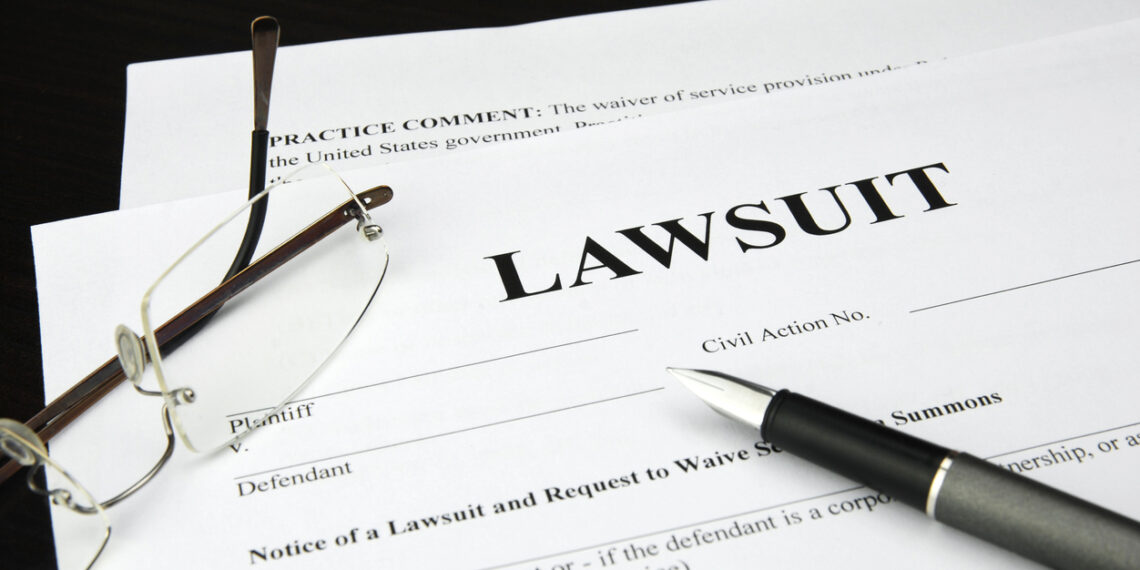[ad_1]
Real-life is not like the courtroom dramas you see on television. Sometimes, the facts of a case do not fall into place neatly. For example, in a personal injury case, causation can be a challenge to prove. The legal doctrine of res ipsa loquitor creates a rebuttable presumption that the defendant must have been negligent without direct proof of that carelessness if there is no other possible explanation.
A California personal injury attorney can help you go after compensation if you got hurt due to the negligence of someone else. Let’s explore the issue of what is res ipsa loquitor?
An Overview of the Legal Concept of Res Ipsa Loquitor
The Latin term, res ipsa loquitor, means “the thing speaks for itself.” In personal injury cases, res ipsa loquitor means that, but for the negligence of the defendant, the accident could not have happened. The plaintiff argues that, although they cannot prove the details of the defendant’s negligence, there is no other logical explanation for the accident happening without the defendant’s negligence.
The doctrine is simpler than it sounds. Let’s walk through a scenario. You bought a package of chocolate cupcakes at a grocery store, still sealed from the factory. There was no indication that the package had been opened or tampered with. When you took a bite of the cupcake, you suffered severe lacerations in your mouth from a jagged piece of glass in the cake.
Your lawyer sued the cupcake manufacturer, seeking compensation for your injuries and alleging negligence on the part of the defendant. The baking corporation denied liability, arguing that you had not identified what specific act on the part of the defendant was negligent. Your attorney asserted the doctrine of res ipsa loquitor, telling the judge that, but for the negligence of the defendant, there was no explanation for the glass being in the cake inside the factory-sealed package.
Defenses to the Res Ipsa Loquitor Doctrine
Res ipsa loquitor is a rebuttable presumption, which means that the defendant can raise legal defenses to the presumption of negligence in a specific case. The defendant would have to persuade the judge that one of these defenses applies to their situation:
- The plaintiff actually got hurt due to his own negligence. In our scenario, the defendant would have to show actual facts, such as, that the plaintiff broke a glass bottle after opening the cupcake package, and the glass that cut his mouth was from that broken bottle.
- The defendant did not have exclusive control over the item that hurt the plaintiff. For example, if one company baked the cupcakes and a different company packaged them, the baker corporation might say that the negligence could have been the fault of the other company.
- The defendant was not negligent. The defendant would have to prove that they acted reasonably, without the possibility of any negligence.
The third defense, an absence of even the tiniest amount of negligence, can be difficult to establish in most situations. The successful use of the other two defenses will depend on the facts of the case. If you got hurt and it was not your fault, you will want to talk with a California personal injury attorney right away. Contact our office today, we offer a free consultation.
[ad_2]



